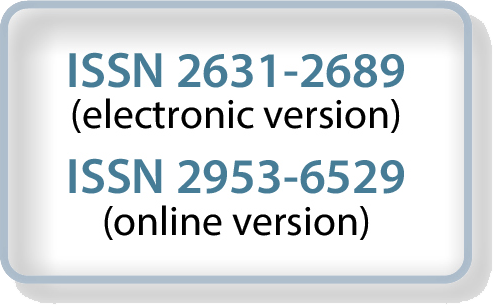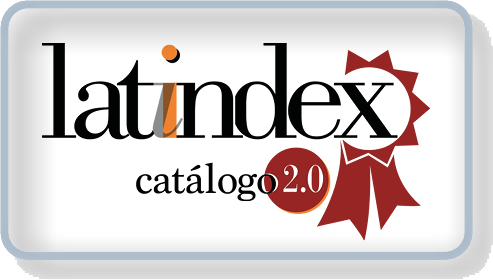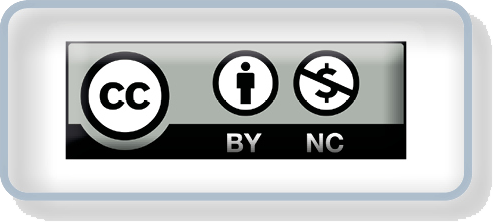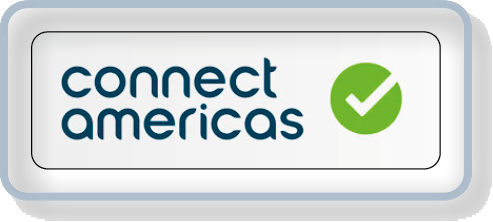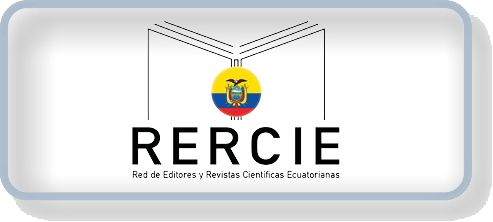Integrating TikTok into the classroom: A pedagogical strategy for strengthening cultural diversity
DOI:
https://doi.org/10.64736/ueplc.2025.v8.n1.1Keywords:
cultural diversity, teaching method innovation, inclusive education, social mediaAbstract
Currently, social networks exert a significant influence on education, and TikTok®, due to its popularity among young people, shows potential for fostering cultural diversity in the classroom; in this regard, the study aimed to analyze its incorporation as a pedagogical strategy at Unidad Educativa Alfredo Pérez Guerrero in San Pablo del Lago, Ecuador. A mixed-methods approach was applied: structured surveys were conducted with 50 first-year high school students and teachers, complemented by participatory discussions and perception analysis; quantitative data were processed through descriptive statistics using SPSS, while qualitative data were analyzed through categorical coding. The results revealed that 92% of students use TikTok® actively, although only 21% employ it for educational purposes, while 85% of teachers acknowledged its pedagogical potential despite the lack of training; furthermore, the creation of short videos on cultural knowledge and practices increased students’ appreciation of local traditions by 78%. Within this framework, the findings suggest that TikTok®, under proper pedagogical planning, may serve as an effective tool to motivate students, strengthen cultural identity, and promote inclusive education, provided it is accompanied by teacher training and critical strategies to ensure sustainability and quality.
Downloads
References
AERA. (2019). Code of ethics. American Educational Research Association. https://tinyurl.com/38dtmx65
Almahasees, Z. (2022). The use of TikTok in education: A literature review. Journal of Computer and Education Research, 10(20), 1101–1120. https://doi.org/10.5281/zenodo.7121212
Aslan, A. (2023). Investigating the role of TikTok in education: Opportunities and challenges. Education and Information Technologies, 28(5), 5875–5893. https://doi.org/10.1007/s10639-023-11645-7
Bozdag, C. (2022). Social media and intercultural education: A case study of inclusion practices. Journal of Multicultural Education, 16(3), 223–237. https://doi.org/10.1108/JME-12-2021-0163
Carpenter, J. P. (2024). Teacher TikTok: Exploring educators’ professional uses of social media. Teaching and Teacher Education, 135, 104330. https://doi.org/10.1016/j.tate.2023.104330
Carpenter, J. P., Morrison, S. A., Shelton, C. C., Clark, N., Patel, S., & Toma-Harrold, D. (2024, May). How and why educators use TikTok: Come for the fun, stay for the learning? Teaching and Teacher Education, 142, 104530. https://doi.org/10.1016/j.tate.2024.104530
Creswell, J. W., & Creswell, J. D. (2018). Research design: Qualitative, quantitative, and mixed methods approaches (5.ª ed.). SAGE Publications.
Fetters, M. D., & Freshwater, D. (2015). The 1 + 1 = 3 integration challenge. Journal of Mixed Methods Research, 9(2), 115–117. https://doi.org/10.1177/1558689815581222
García-Peñalvo, F. J. (2021). Digital transformation in education: From COVID-19 pandemic to the future of online and blended learning. Education in the Knowledge Society, 22, e25465. https://doi.org/10.14201/eks.25465
Gay, G. (2002). Preparing for culturally responsive teaching. Journal of Teacher Education, 53(2), 106–116. https://doi.org/10.1177/0022487102053002003
Gómez-García, M., Rodríguez-García, A. M., & García-Ruiz, R. (2023). TikTok and cultural diversity in education: A new pedagogical approach. Comunicar, 31(74), 67–77. https://doi.org/10.3916/C74-2023-06
Gong, Q., & Tao, T. (2024). The relationship between short video usage and academic achievement among elementary school students: The mediating effect of attention and the moderating effect of parental short video usage. PLOS ONE, 19(11), e0309899. https://doi.org/10.1371/journal.pone.0309899
Hernández-Sampieri, R., & Mendoza, C. (2021). Metodología de la investigación: Las rutas cuantitativa, cualitativa y mixta (2.ª ed.). McGraw-Hill.
Jerasa, T. (2025). TeacherTok as a space for professional growth: Opportunities and limitations. Computers & Education, 204, 104902. https://doi.org/10.1016/j.compedu.2025.104902
Jerasa, S., & Ura, S. K. (2025). Learning from TikTok®: Quality and Reach of #TeacherTok as a Classroom Management Tool for Teacher Education. TechTrends. https://doi.org/10.1007/s11528-025-01098-6
Kemp, S. (2023). Digital 2023: Global overview report. DataReportal. https://tinyurl.com/yexdvfzu
Ladson-Billings, G. (1995). Toward a theory of culturally relevant pedagogy. American Educational Research Journal, 32(3), 465–491. https://doi.org/10.3102/00028312032003465
Literat, I. (2021). “Teachers act like we’re robots”: TikTok as a window into youth experiences of online learning during COVID-19. AERA Open, 7(1), 1–15. https://doi.org/10.1177/2332858421995537
Mena-Guacas, A. F., López-Catalán, L., Bernal-Bravo, C., & Ballesteros-Regaña, C. (2025). Educational Transformation Through Emerging Technologies: Critical Review of Scientific Impact on Learning. Education Sciences, 15(3), 368. https://doi.org/10.3390/educsci15030368
Méndez, R., & Delgado, C. (2021). Diversidad cultural y educación inclusiva en América Latina. Revista Latinoamericana de Educación Inclusiva, 15(1), 37–52. https://doi.org/10.4067/S0718-73782021000100037
Morales-Navarro, L., Pérez-Escoda, A., & García-González, A. (2024). Algorithmic justice and critical media literacy: Young people’s perspectives on TikTok®. Journal of Media Literacy Education, 16(1), 45–62. https://doi.org/10.23860/JMLE-2024-16-1-5
Nochumson, T. (2024). Exploring TikTok®’s Role in K-12 Education: A Mixed-Methods Study of Teachers’ Professional Use. CITE Journal. https://tinyurl.com/4zvaevjx
Prevost, S. S., Duncan, K., & Cole, H. (2025). TikTok as a teaching tool?. Journal of the American Association of Nurse Practitioners, 10.1097/JXX.0000000000001194. Advance online publication. https://doi.org/10.1097/JXX.0000000000001194
Rodríguez-García, A. M., García-Ruiz, R., & Gómez-García, M. (2021). TikTok and education: Discovering new possibilities for developing educational skills. International Journal of Emerging Technologies in Learning, 16(20), 21–36. https://doi.org/10.3991/ijet.v16i20.24357
Shuter, R. (2012). Intercultural new media studies: The next frontier in intercultural communication. Journal of Intercultural Communication Research, 41(3), 219–237. https://doi.org/10.1080/17475759.2012.728761
Su, Y., & Wang, X. (2022). Exploring TikTok as a tool for intercultural education. Education and Information Technologies, 27(8), 11439–11456. https://doi.org/10.1007/s10639-022-11011-3
Taber, K. S. (2018). The use of Cronbach’s alpha when developing and reporting research instruments in science education. Research in Science Education, 48(6), 1273–1296. https://doi.org/10.1007/s11165-016-9602-2
UNESCO. (2022). Reimagining our futures together: A new social contract for education. United Nations Educational, Scientific and Cultural Organization. https://tinyurl.com/47brc5jv

Downloads
Published
Issue
Section
License
Copyright (c) 2025 Alexander Fernández Gualavisí, Alejandro Flores Suárez

This work is licensed under a Creative Commons Attribution-NonCommercial 4.0 International License.







